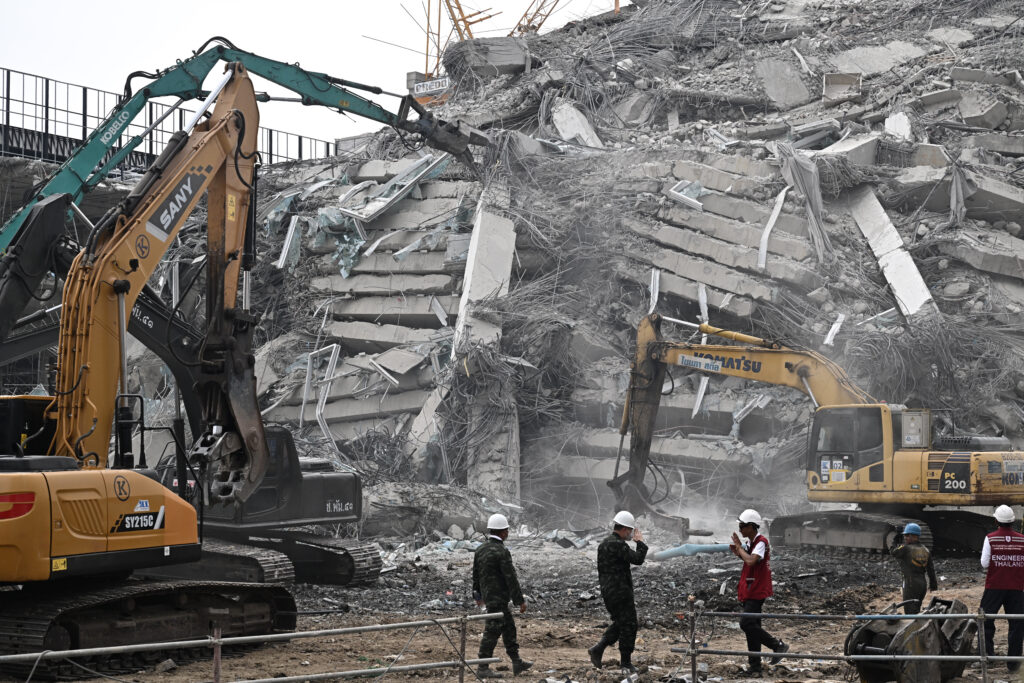AFP Asia Business
China urges firms to follow laws after Bangkok building collapse
China’s embassy in Bangkok called on Chinese companies operating abroad to comply with local laws after a Chinese construction firm came under scrutiny for a deadly building collapse in last week’s earthquake.The 30-storey skyscraper, set to house government offices, was the only major building to collapse in Bangkok when a 7.7 magnitude earthquake struck neighbouring …
China urges firms to follow laws after Bangkok building collapse Read More »
Fatal Xiaomi crash raises questions about assisted driving tech in China
Chinese EV maker Xiaomi said it would cooperate with a police investigation into a fatal crash involving one of its cars which had been in autonomous mode just before the accident.Three college students died on Saturday night after their Xiaomi SU7 hit a concrete barrier on a section of the Dezhou-Shangrao Expressway in eastern Anhui …
Fatal Xiaomi crash raises questions about assisted driving tech in China Read More »
Nintendo’s megahit Switch console: what to know
Gaming giant Nintendo is set to unveil the successor to its phenomenally popular Switch console on Wednesday.Here are some facts about its success: – 150 million sold -Nintendo has sold around 150 million Switch machines since the gadget’s launch in March 2017.That makes it the third best-selling console in video game history, behind Sony’s PlayStation 2 …



